washington state drivers test (goated numbers)
1/149
There's no tags or description
Looks like no tags are added yet.
Name | Mastery | Learn | Test | Matching | Spaced |
|---|
No study sessions yet.
150 Terms
what line seperates 2 way traffic
yellow
how far can you travel in a 2-way lane
use your turn signal ______ feet in advance
100
____ inches distance from curb to be legally parked
12
___ feet no parking from a driveway
5
___ feet no parking from fire hydrant
15
__ feet no parking from a crosswalk at an intersection
20
___ feet no parking from a stop sign or traffic light
30
___ feet no parking from a fire station driveway
20
___ feet no parking from a fire station on the opposite side
75
no parking within ___ feet and no passing within ____ feet of a railroad crossing
50
100
___ years age under which it is illegal to leave a child in a parked vehicle with the motor running
16
____ feet you are allowed to drive in a two-way left turn lane
300
____ feet minimum distance to see both ways to perform a U-turn
500
__mph maximum speed in school zones
20
___ mph maximum speed in cities and towns
25
___ mph maximum speed on ocean beaches
25
___ mph maximum speed on country roads
50
___ mph maximum speed on state highways
60 mph
___ mph maximum speed on interstate freeways (urban)
60
___ mph maximum speed on interstate highways (rural)
70
complete pass ___ feet of an approaching vehicle
200ft
___ feet minimum distance from intersection. RR crossing, bridge, or tunnel to pass
100
___ feet minimum distance a driver must be able to see in mirrors
200
___ ft minimum distance horns must be heard
200
___ ft average length headlights provide safe vision, low beam
150
___ ft average length headlights provide safe vision, high beams
300
____ ft behind vehicle have to dim light
300
___ ft must dim headlights for an oncoming vehicle
500
turn on headlight at least 1/2 hour _______________ and 1/2 hour _________
after sunset
before sunrise
___ days seller must report sale of vehicle to dol.wa.gov
5
___ days after you must report change of address or name of drivers license
10
___ days buyer of vehicle must transfer title and regristation
15
__ years validity of a driver's license, expires on _______
6, birthday
____ B.A.C legally intoxicated DUI under age of 21
.02%
____ B.A.C legally intoxicated DUI over age of 21
>08%
Under 21 you can be arrested for THC/marijuana level of more than ____ nanograms per milliliter of blood or higher
0.00
Over 21 you can be arrested for THC/marijuana level of ____ nanograms per milliliter of blood or higher
5.00
winding roads
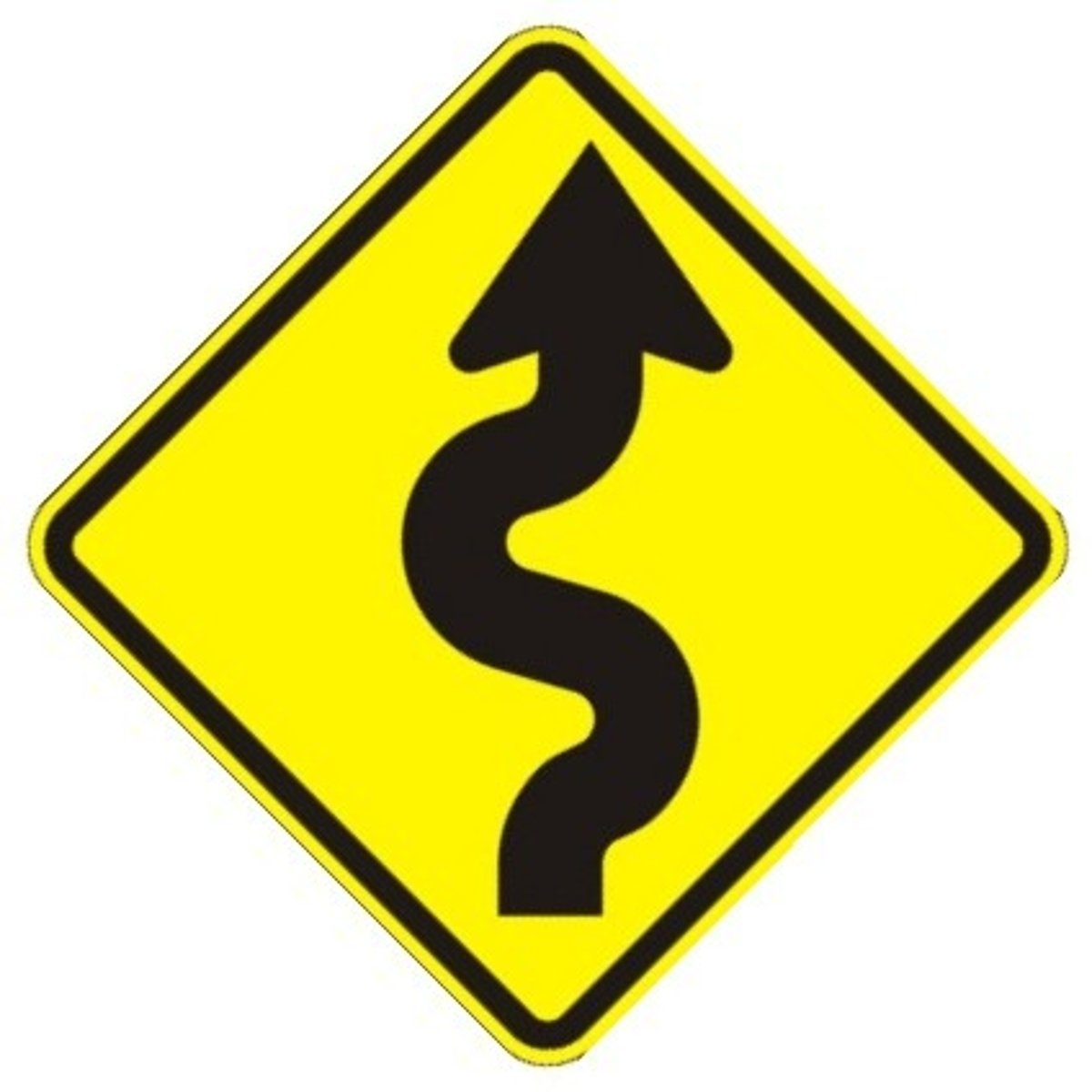
lane ends merge right
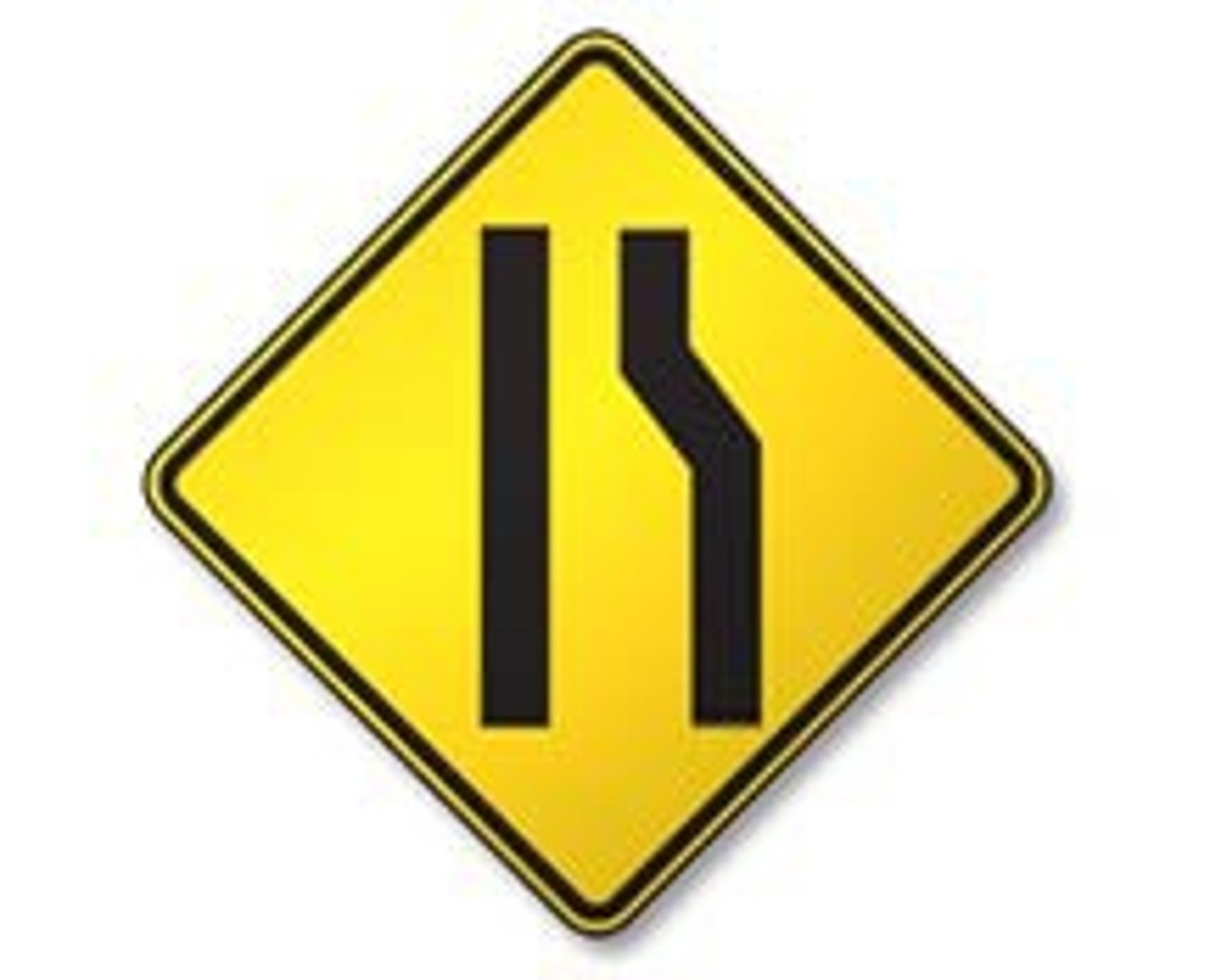
intersection ahead
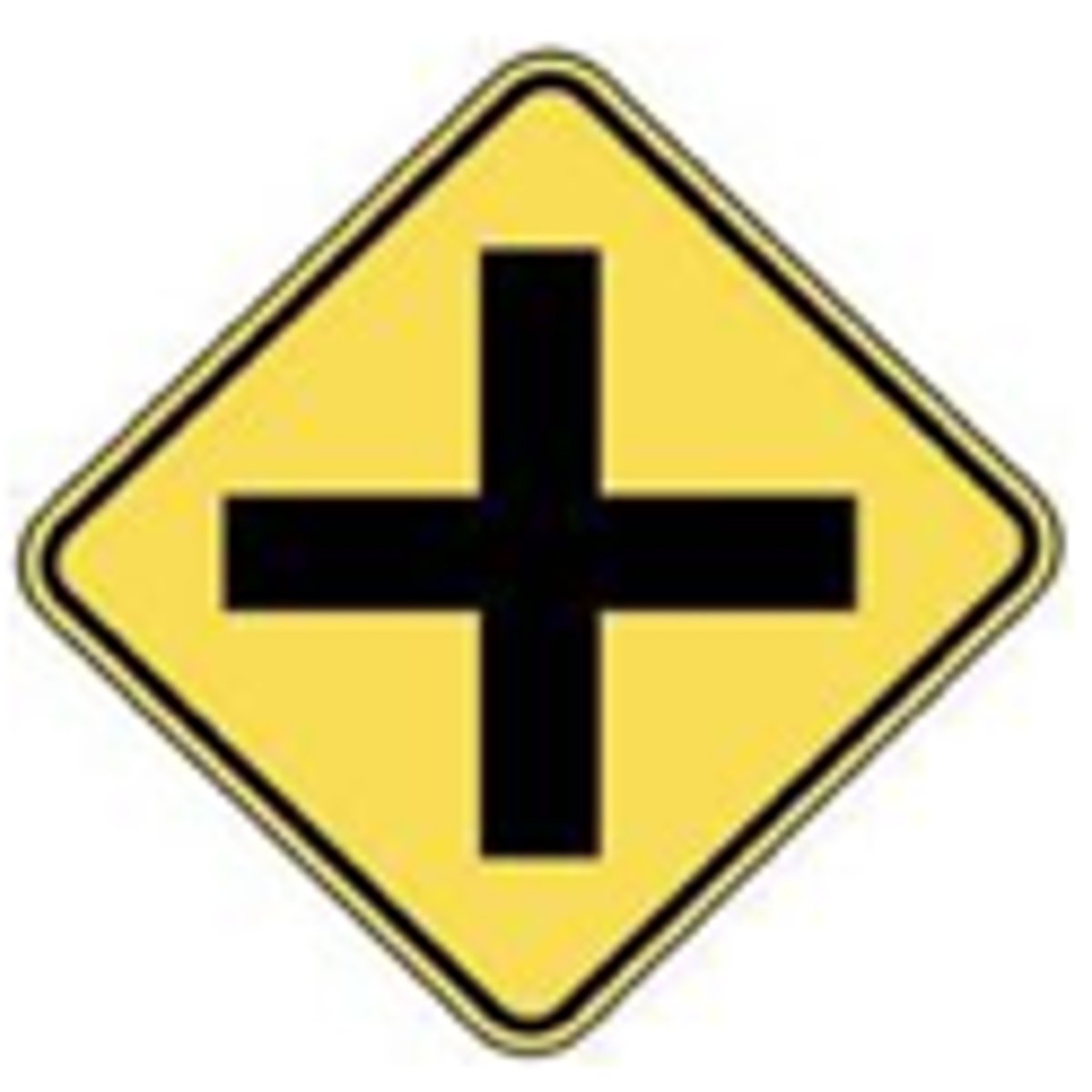
do not enter
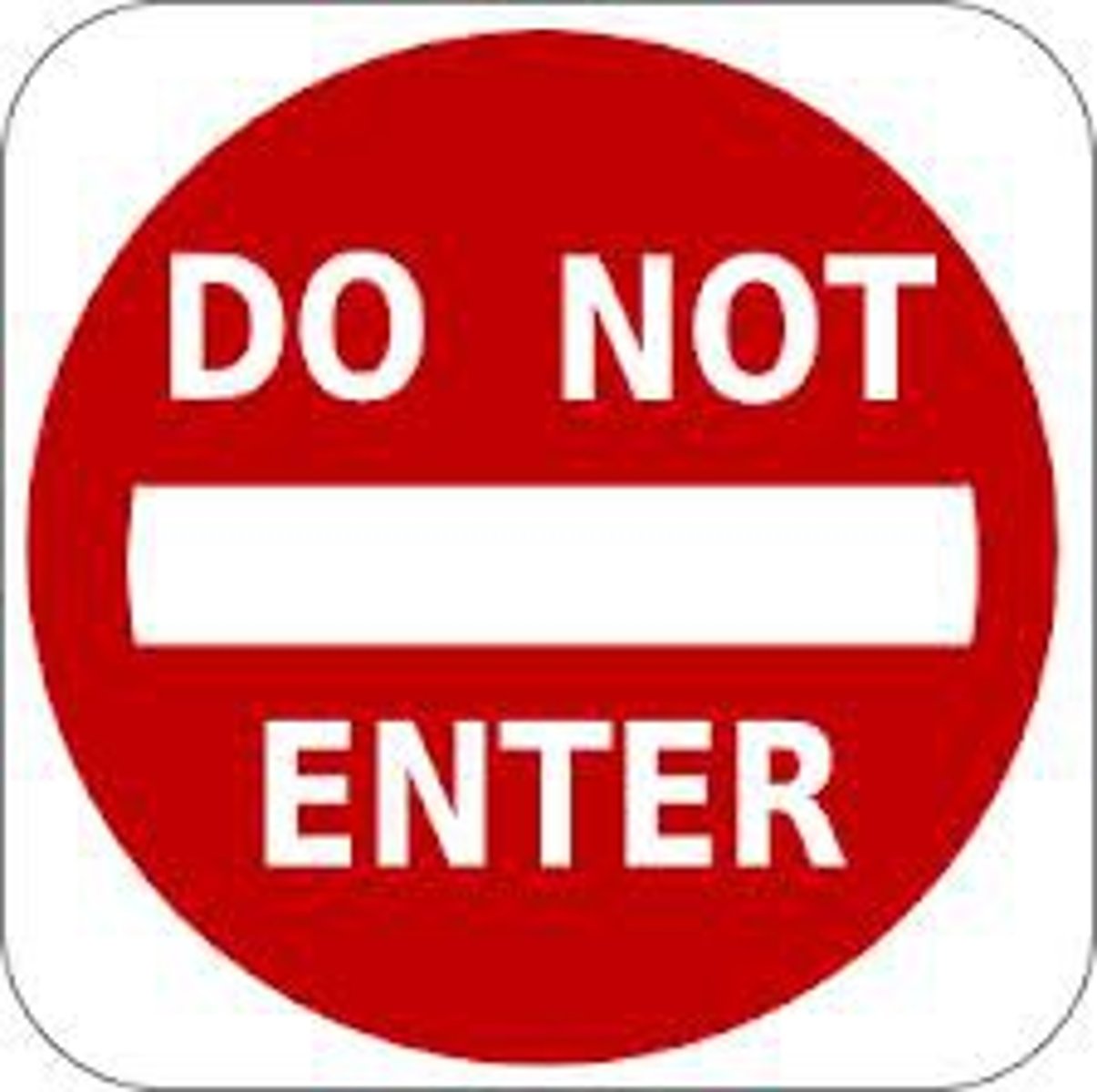
right lane turn only
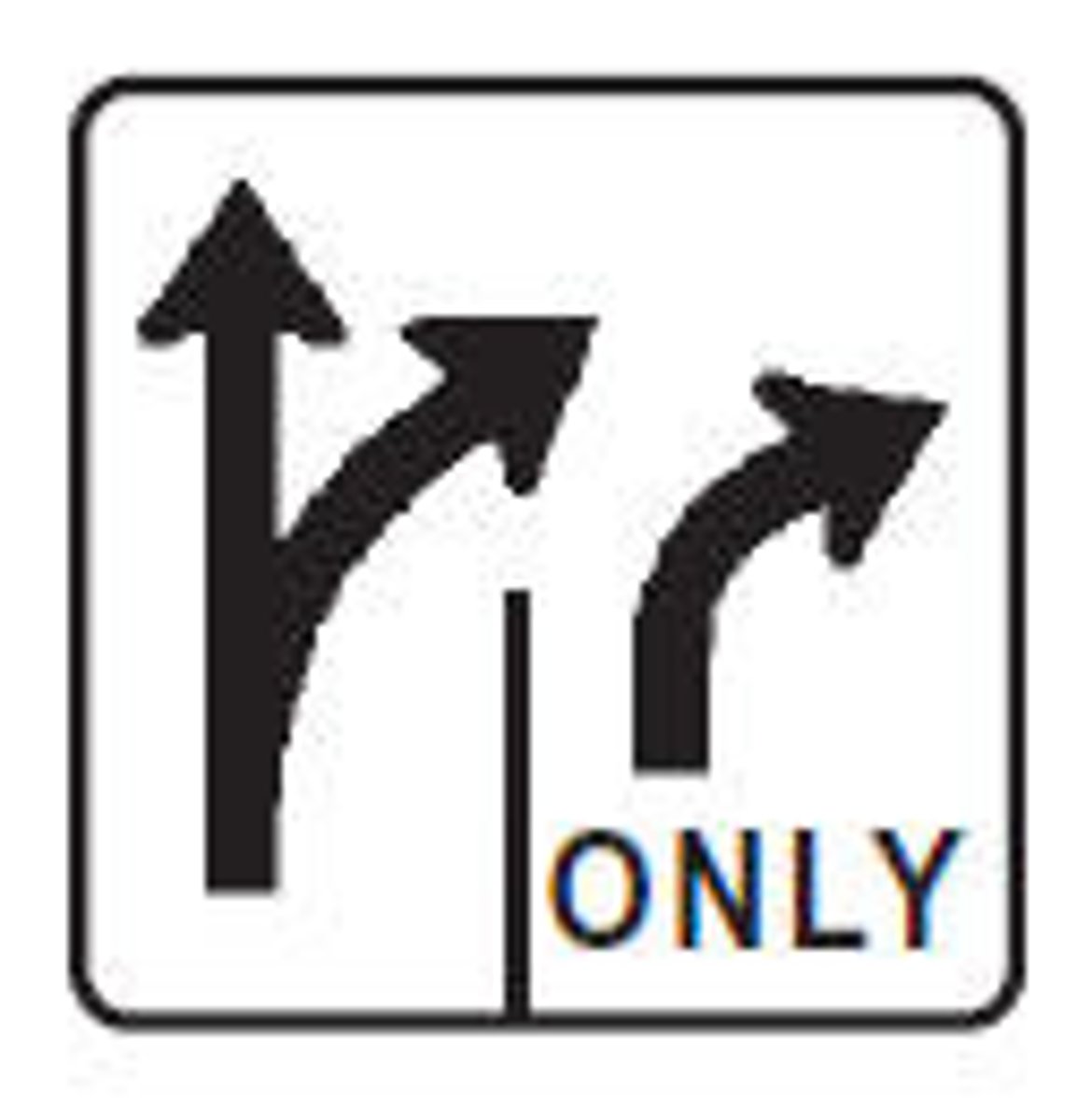
lane added
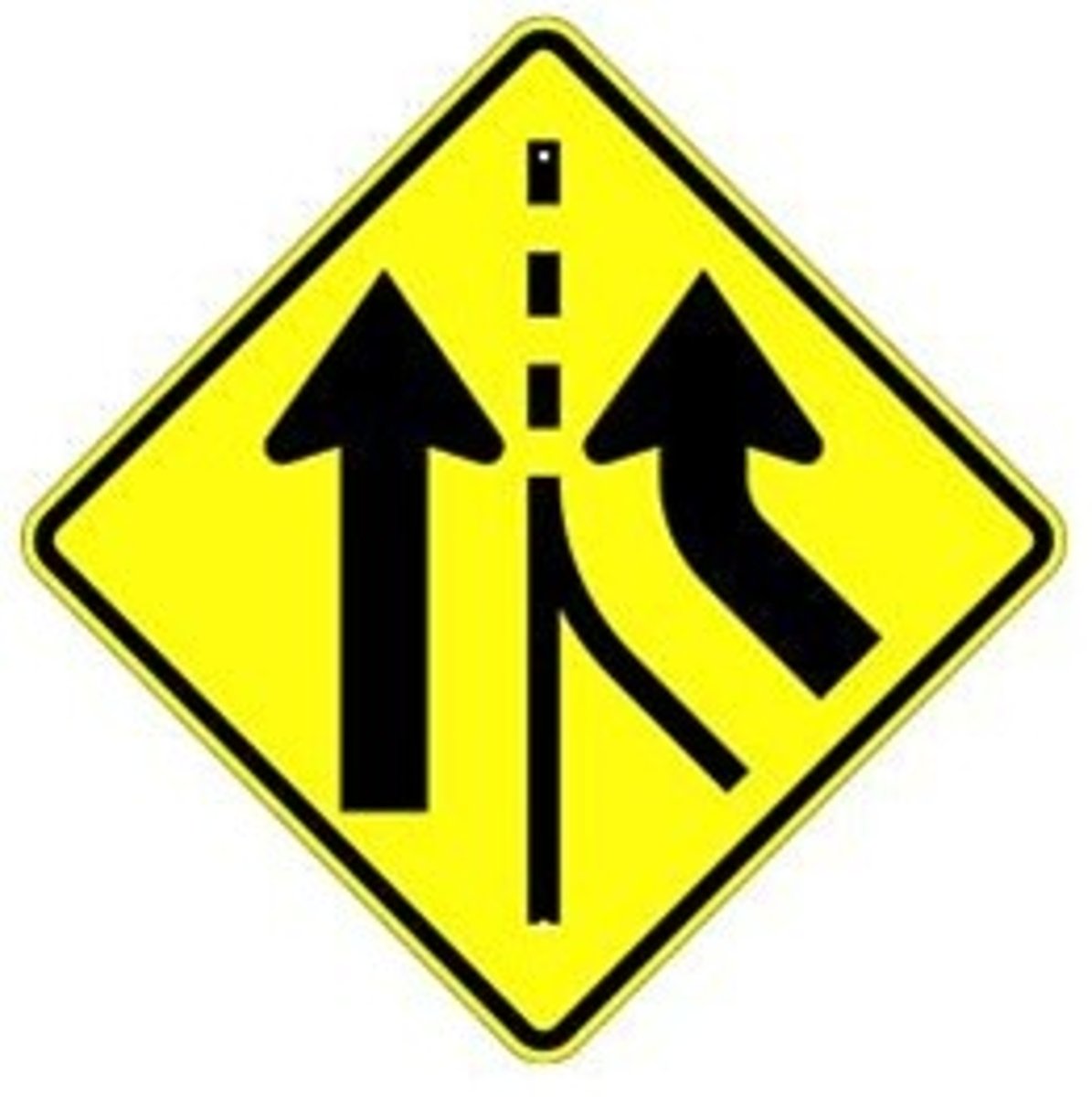
divided highway
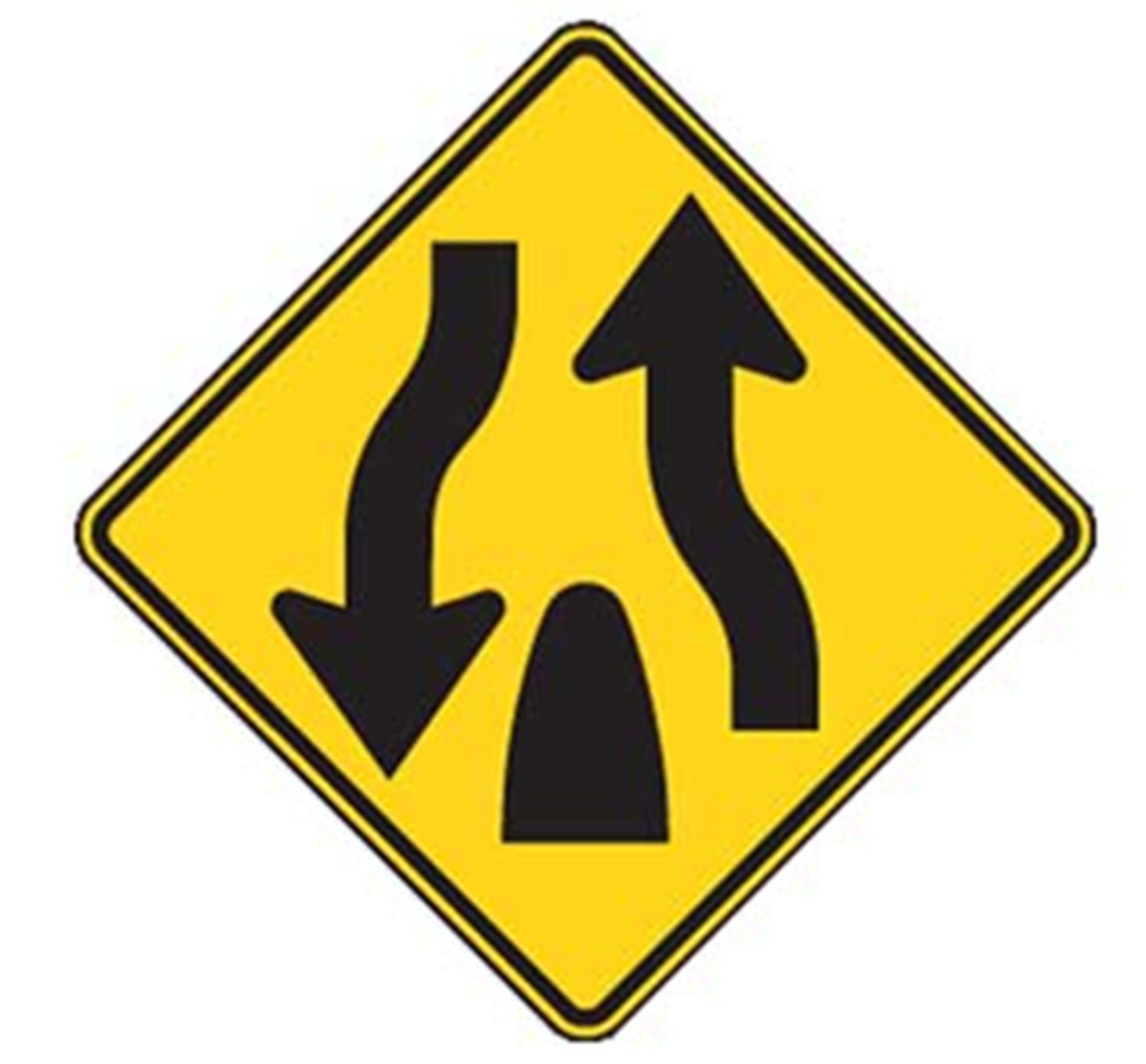
no right turn
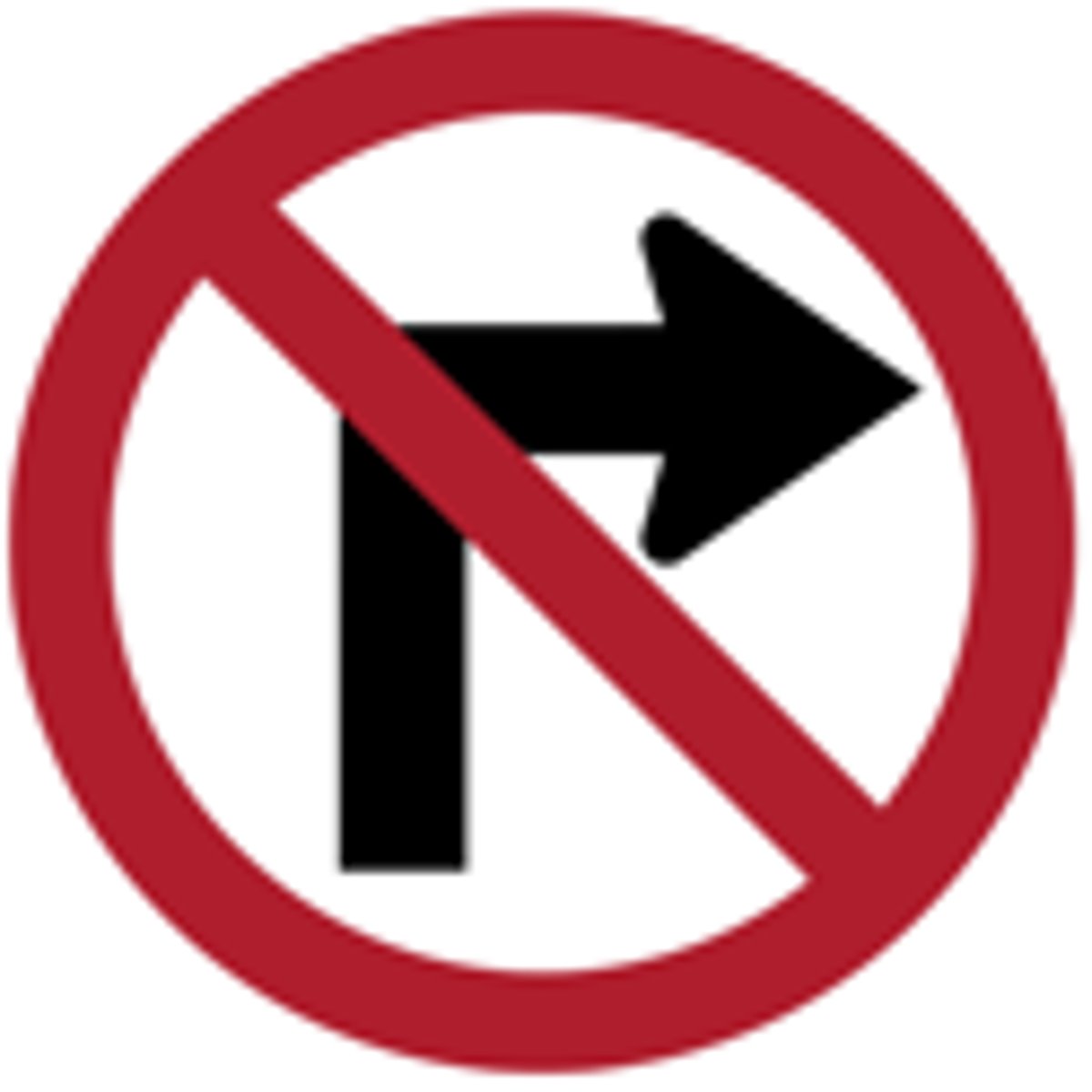
signal ahead
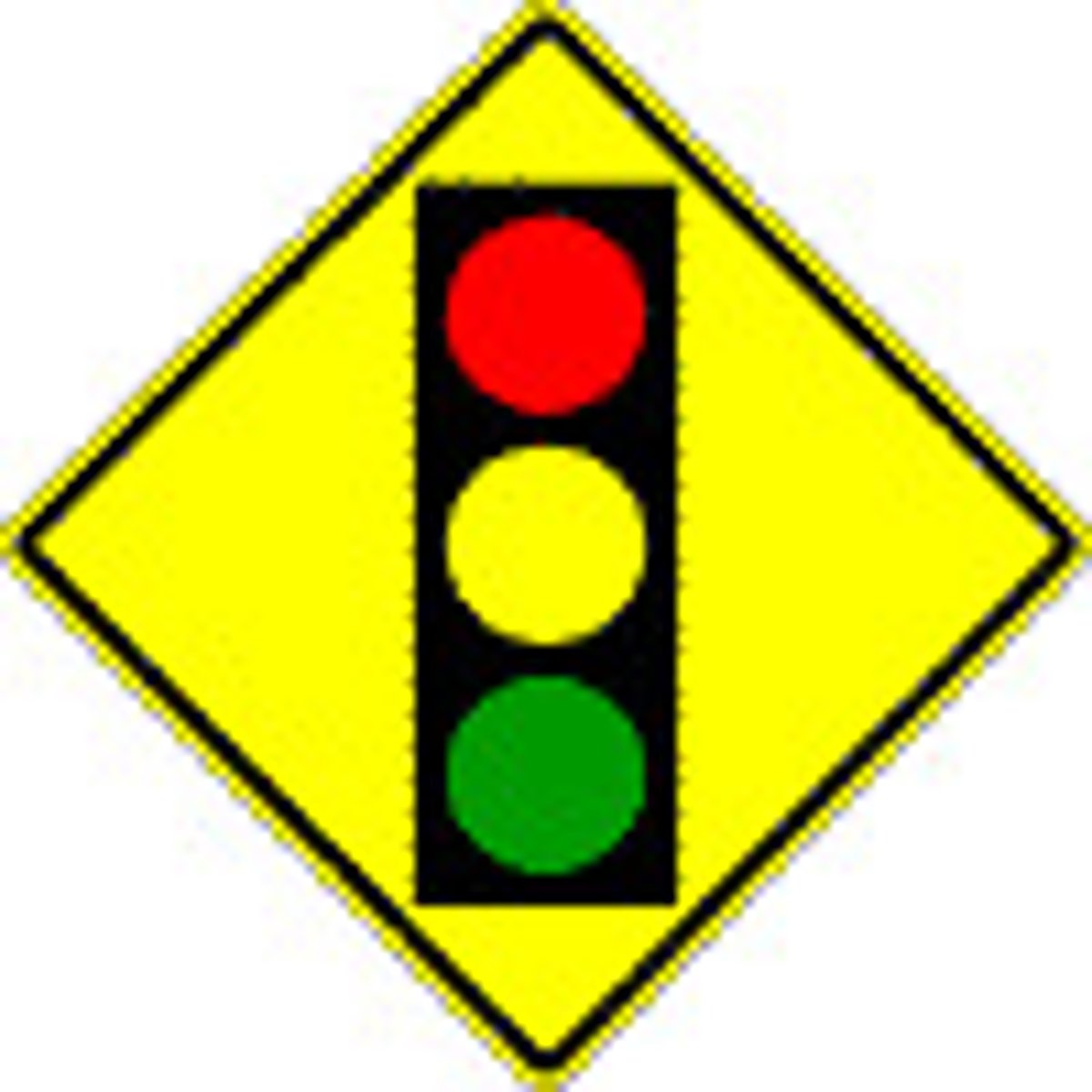
keep right
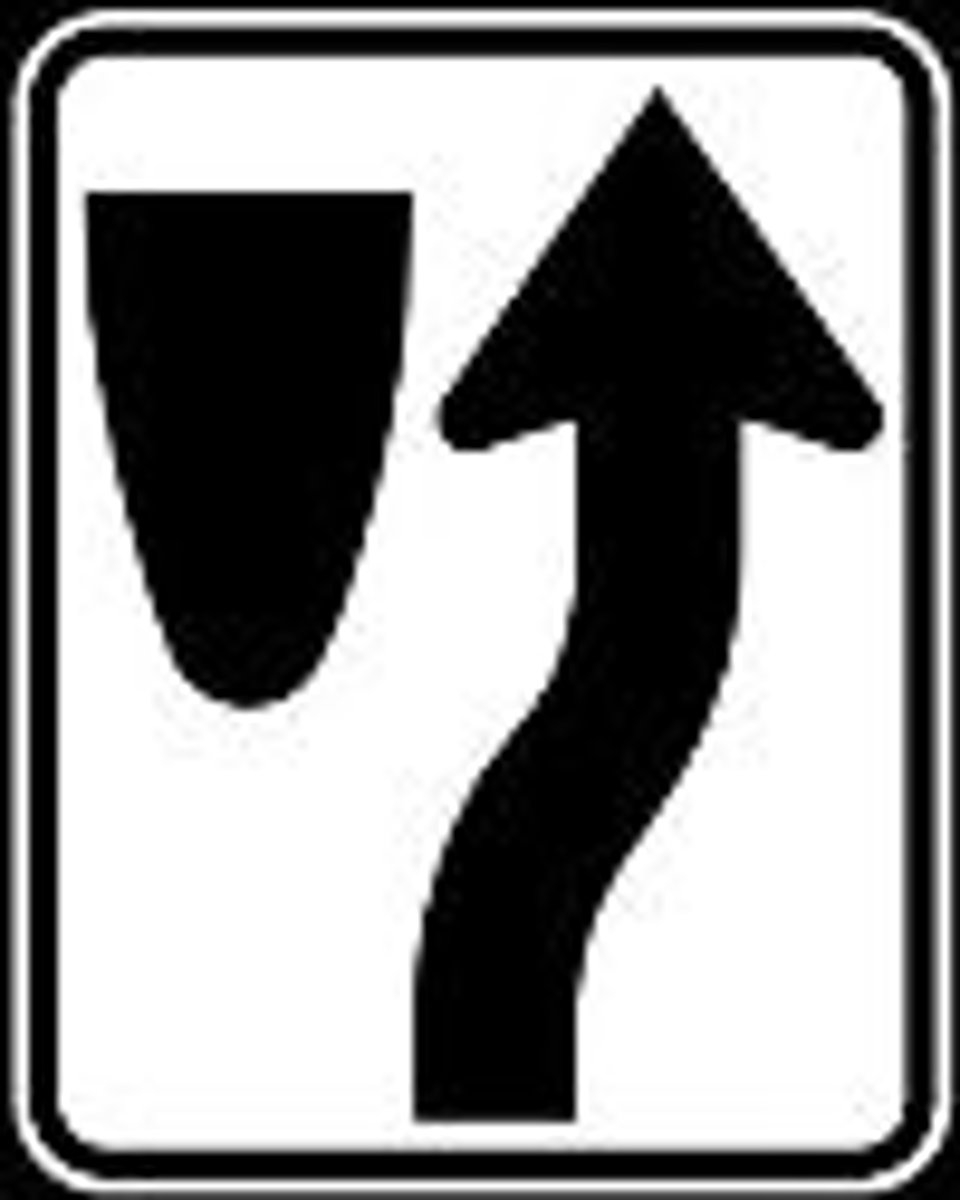
slow moving vehicle
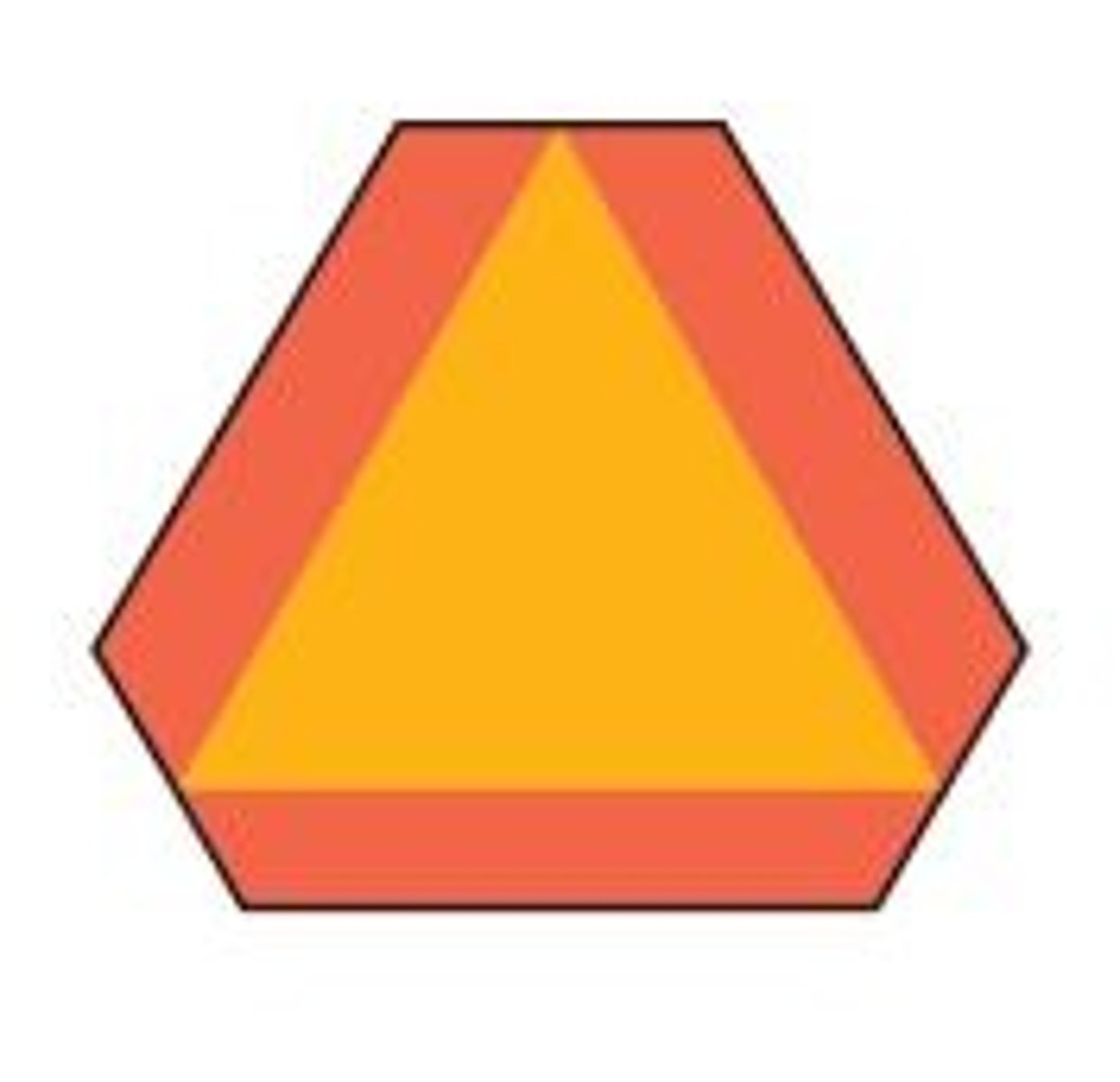
flagger ahead
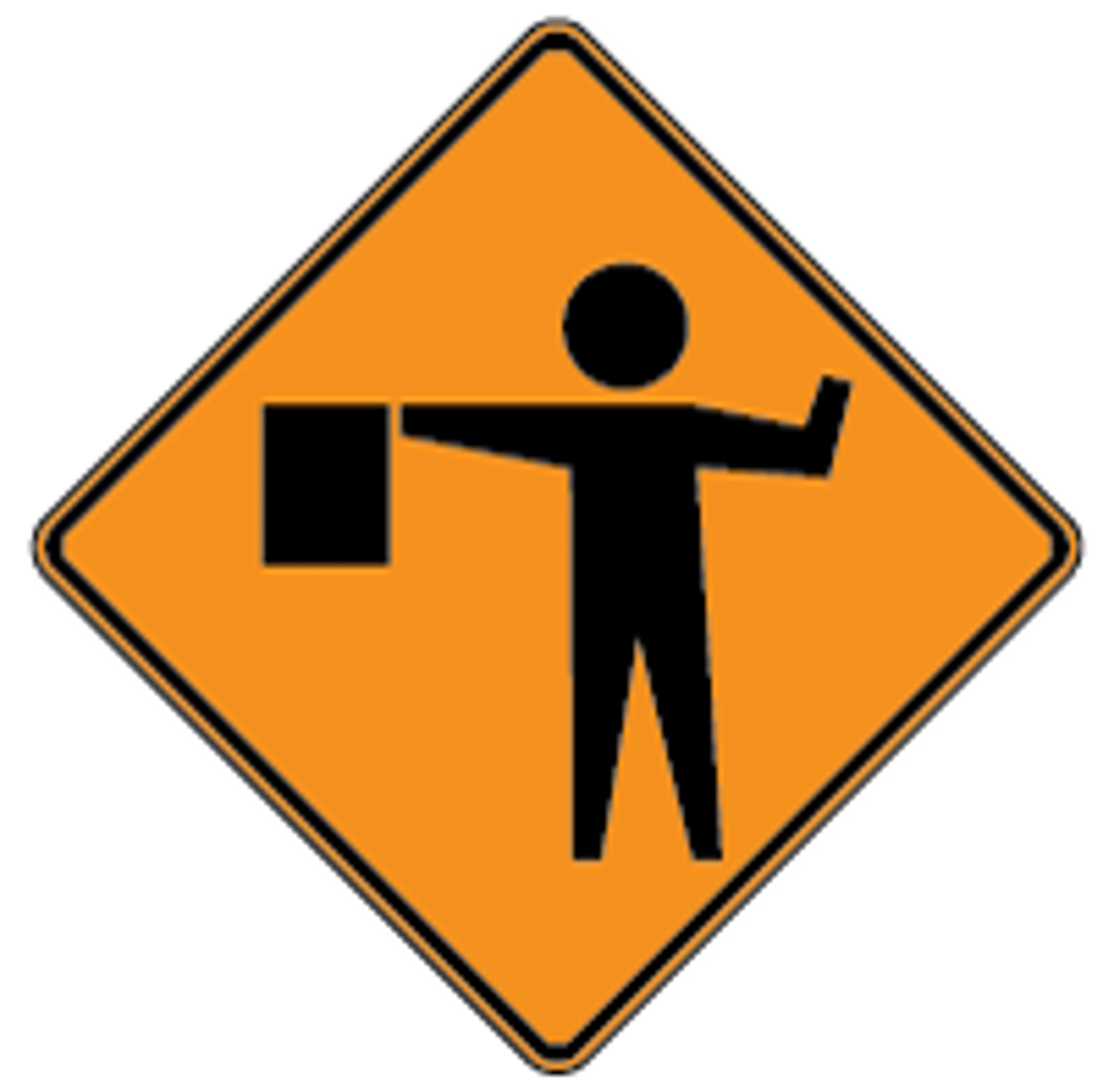
no passing zone
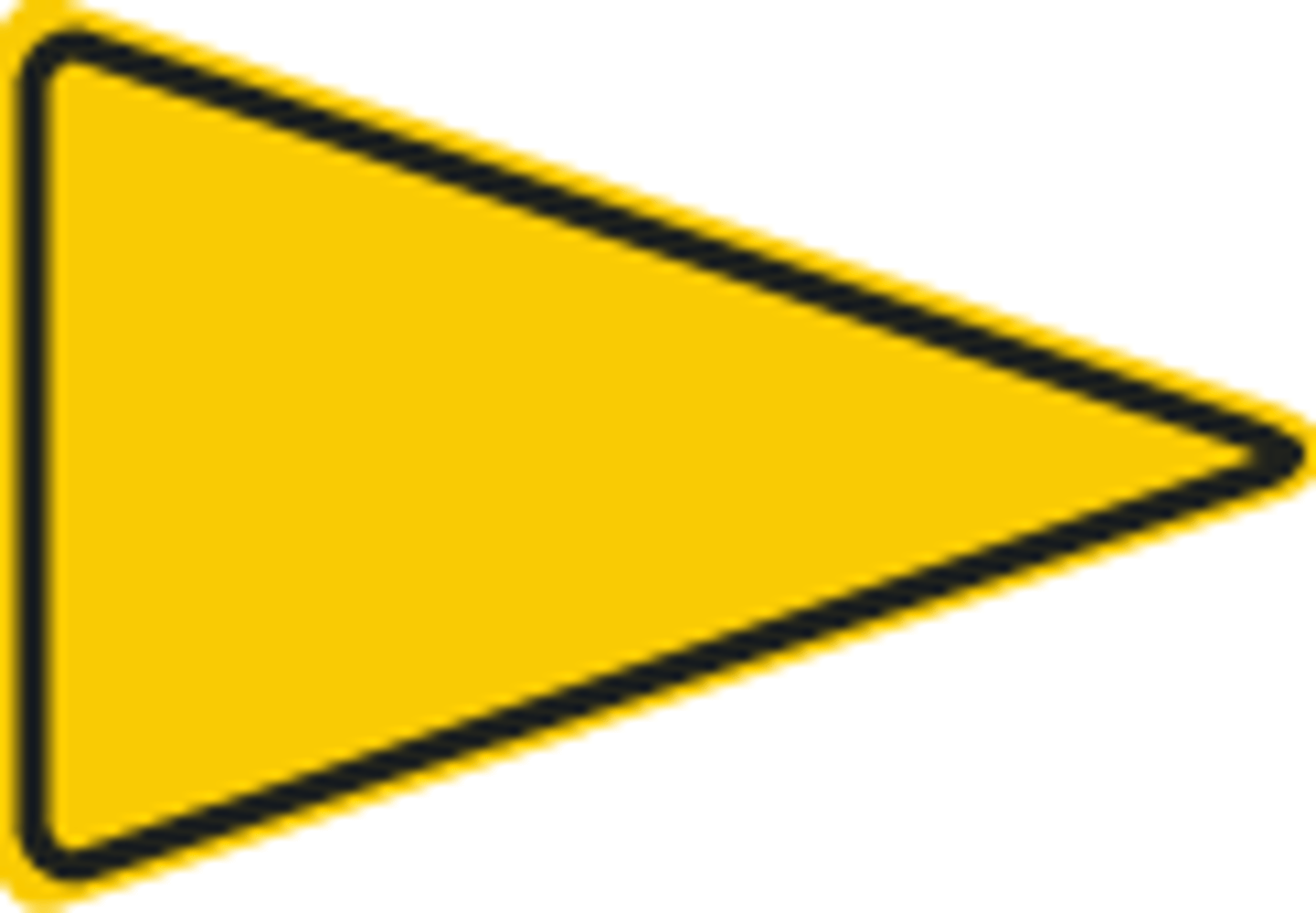
merging traffic
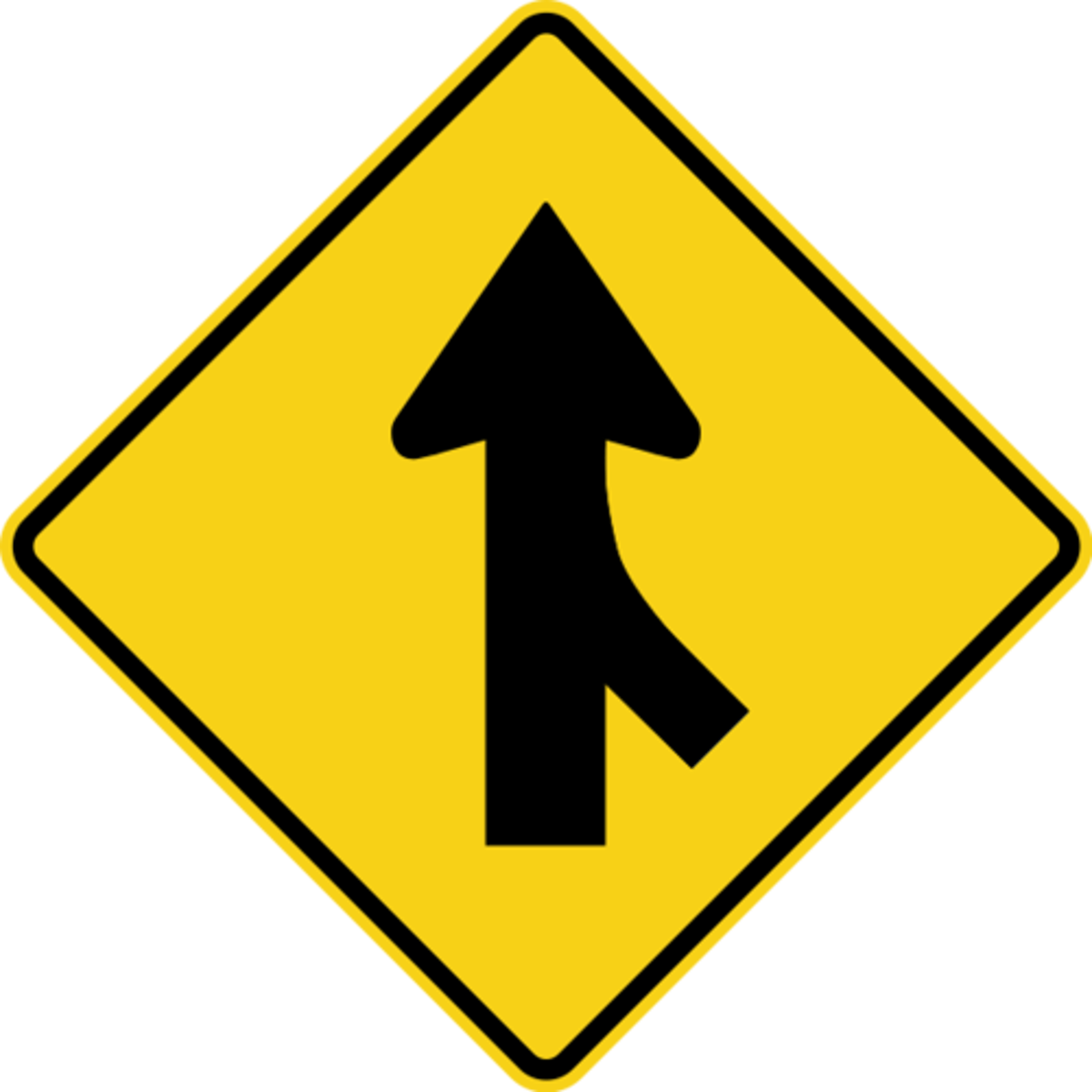
road narrows
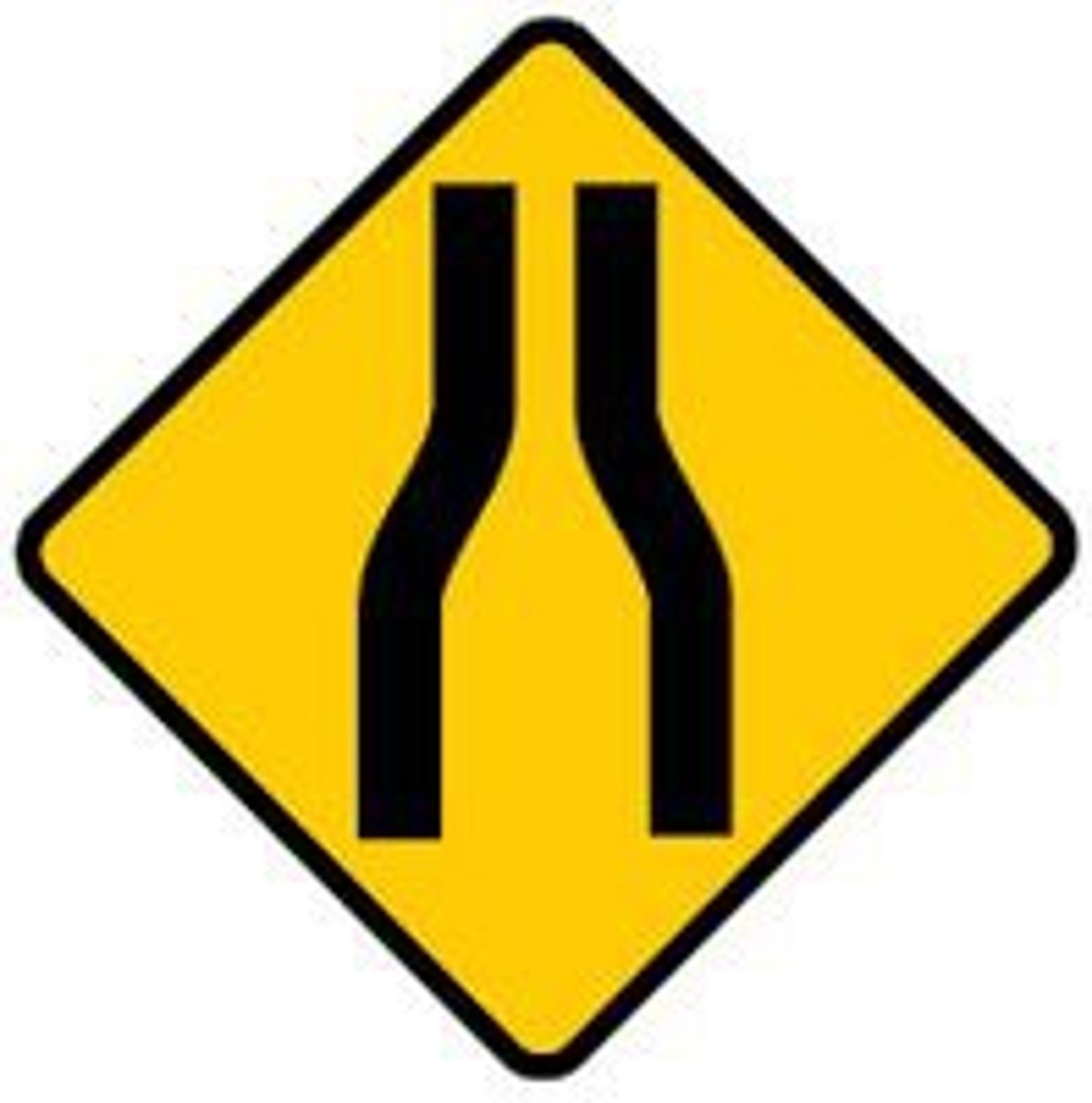
steep hill
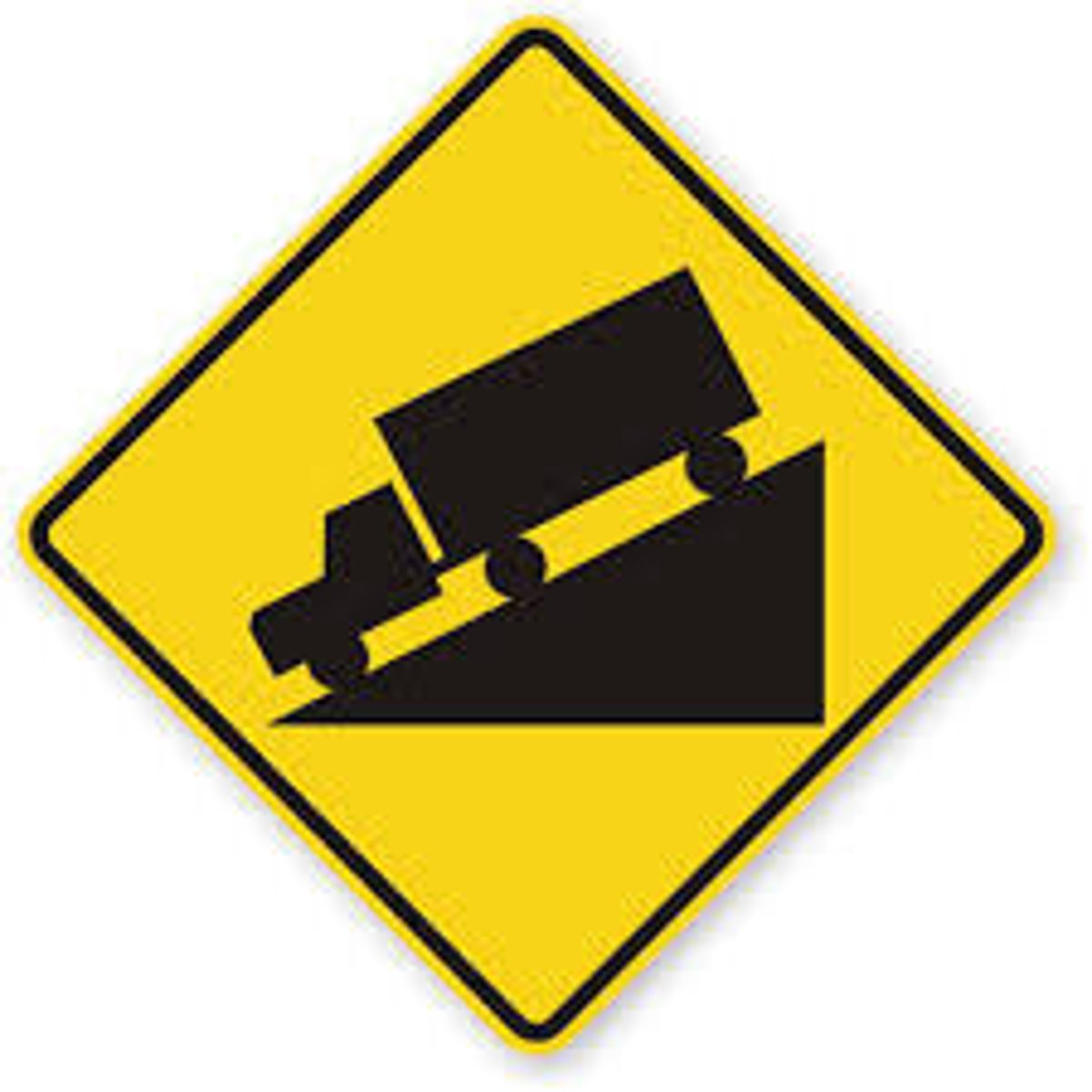
railroad crossing
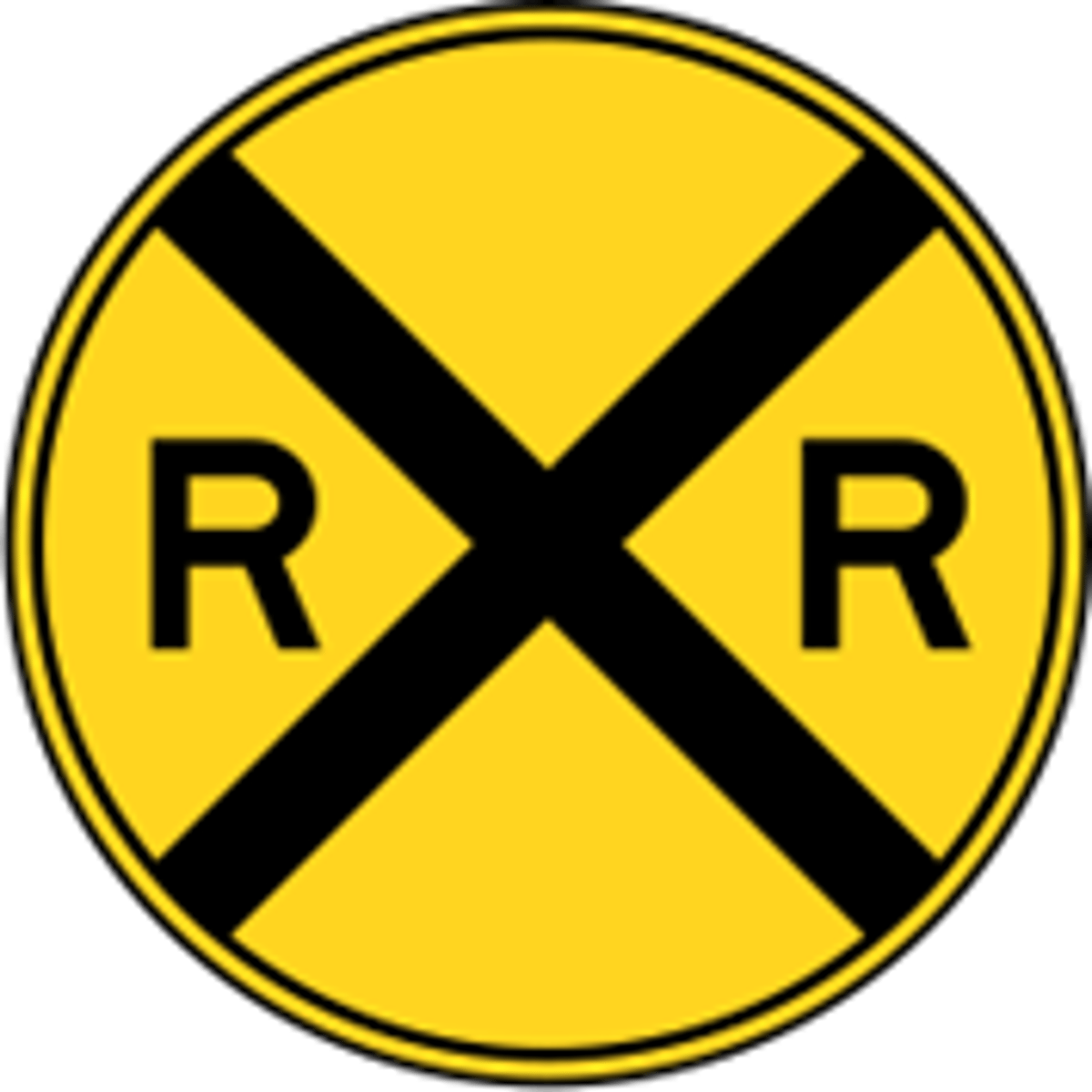
school zone crosswalk
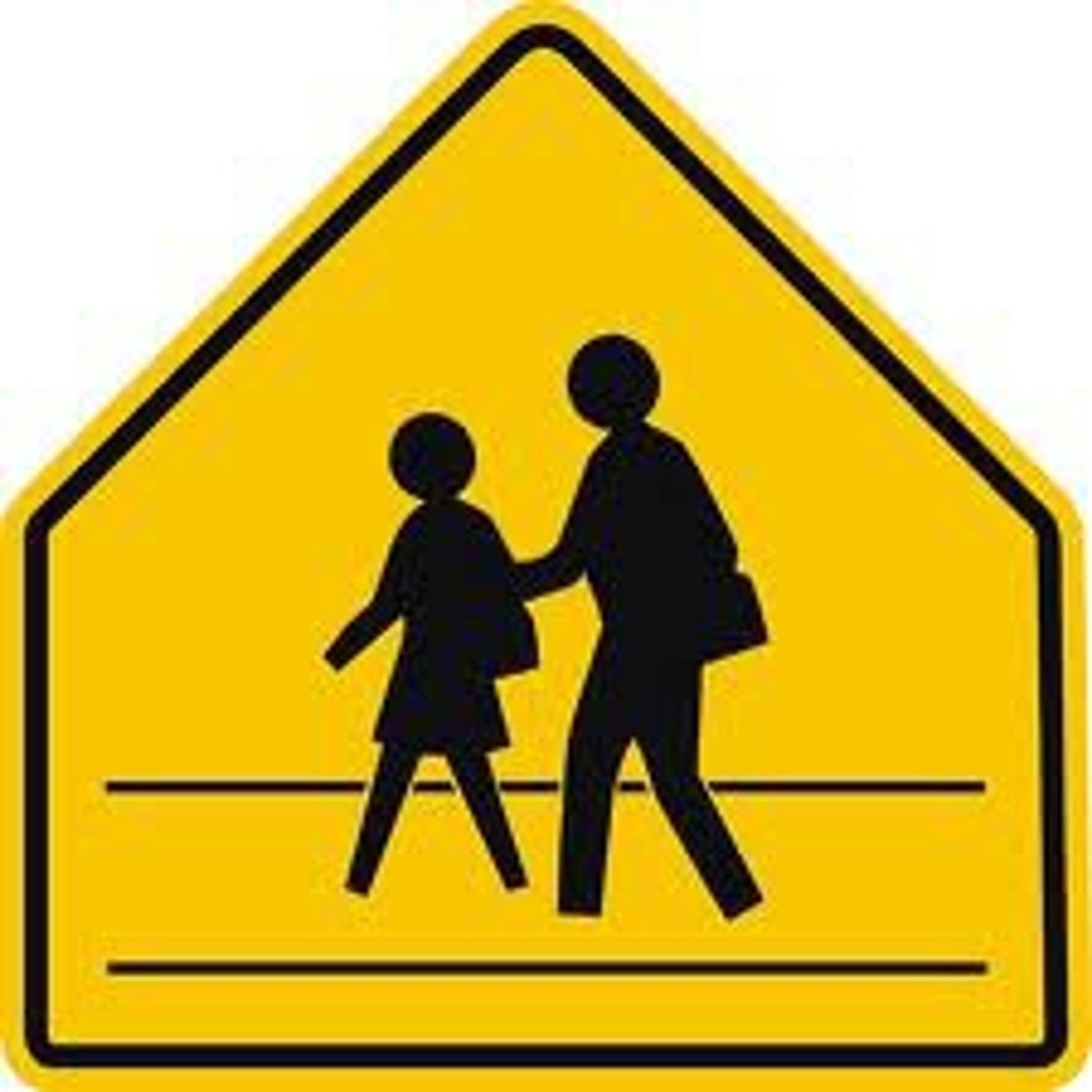
two way traffic
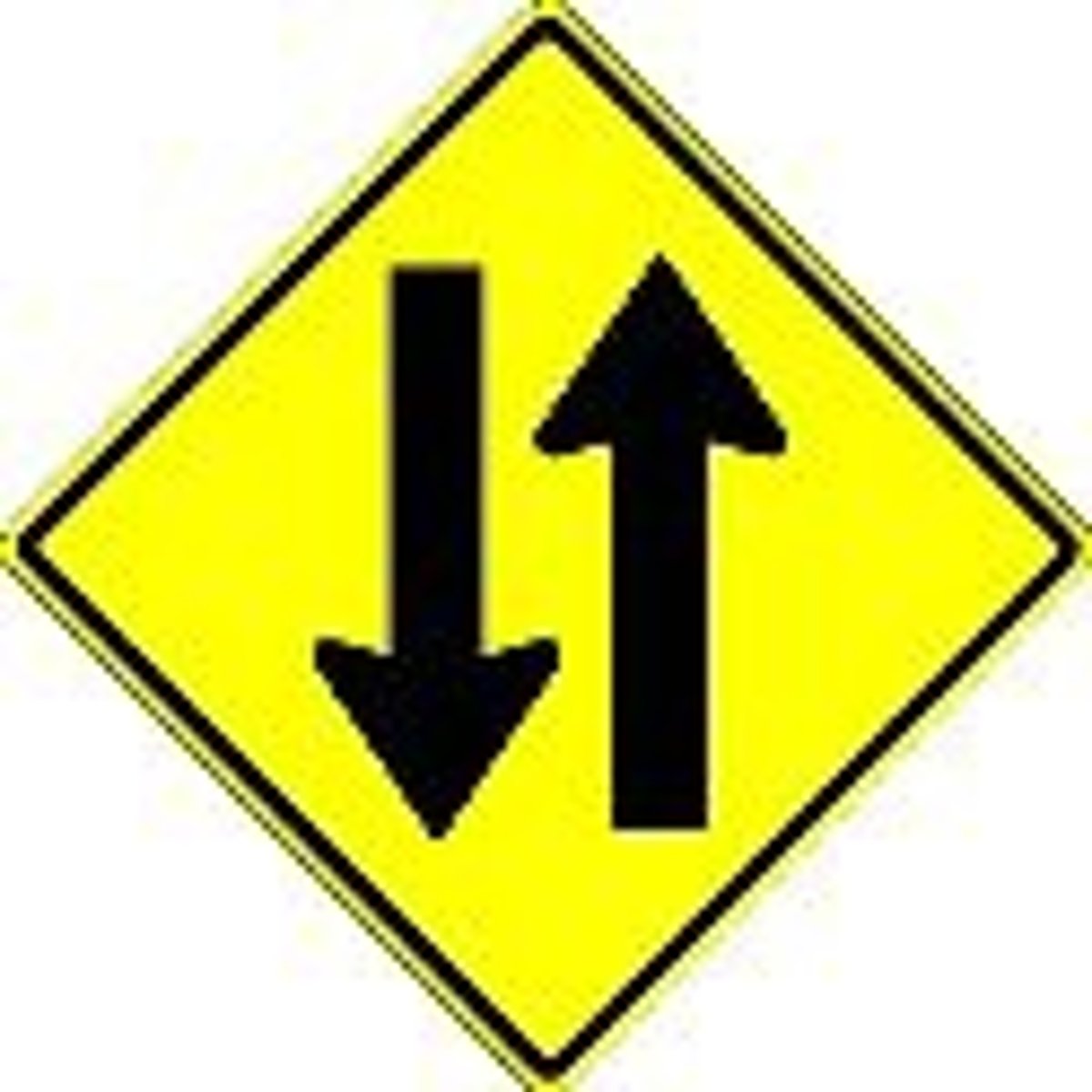
railroad next to intersection
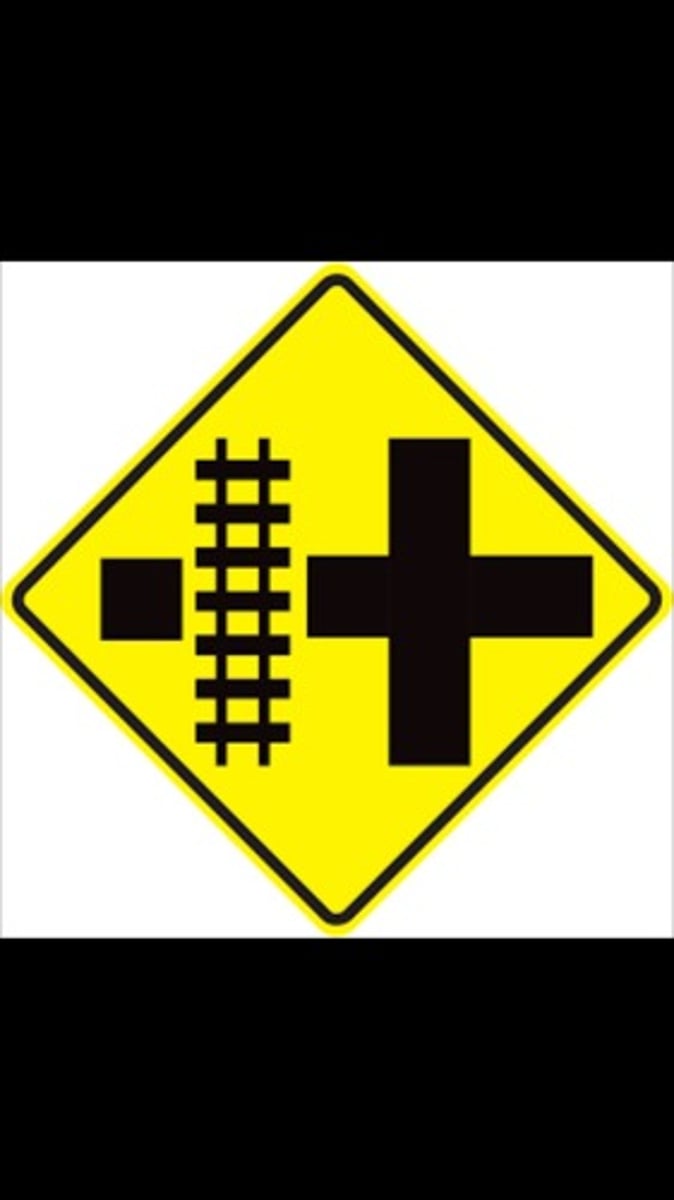
gravel road begins
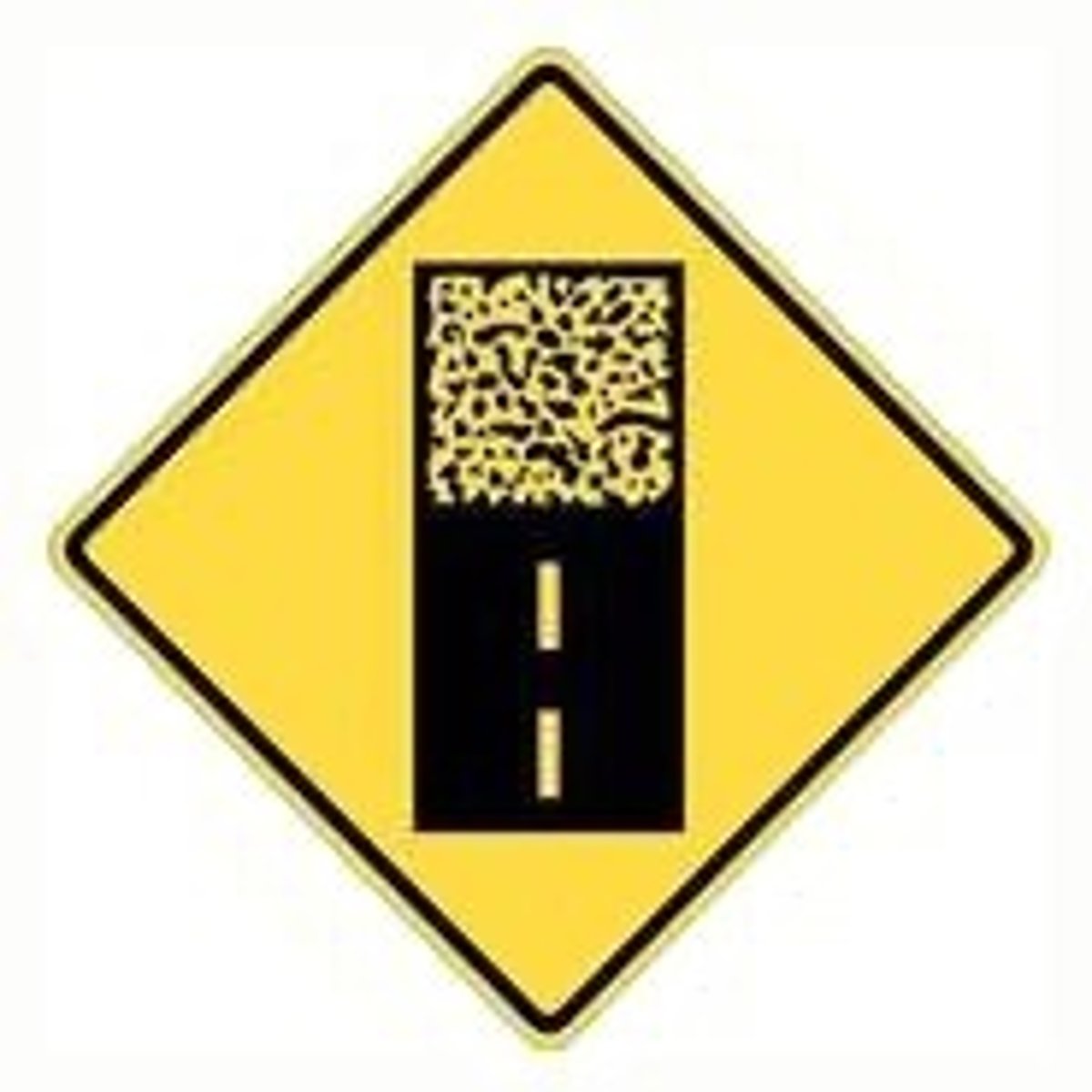
slippery when wet
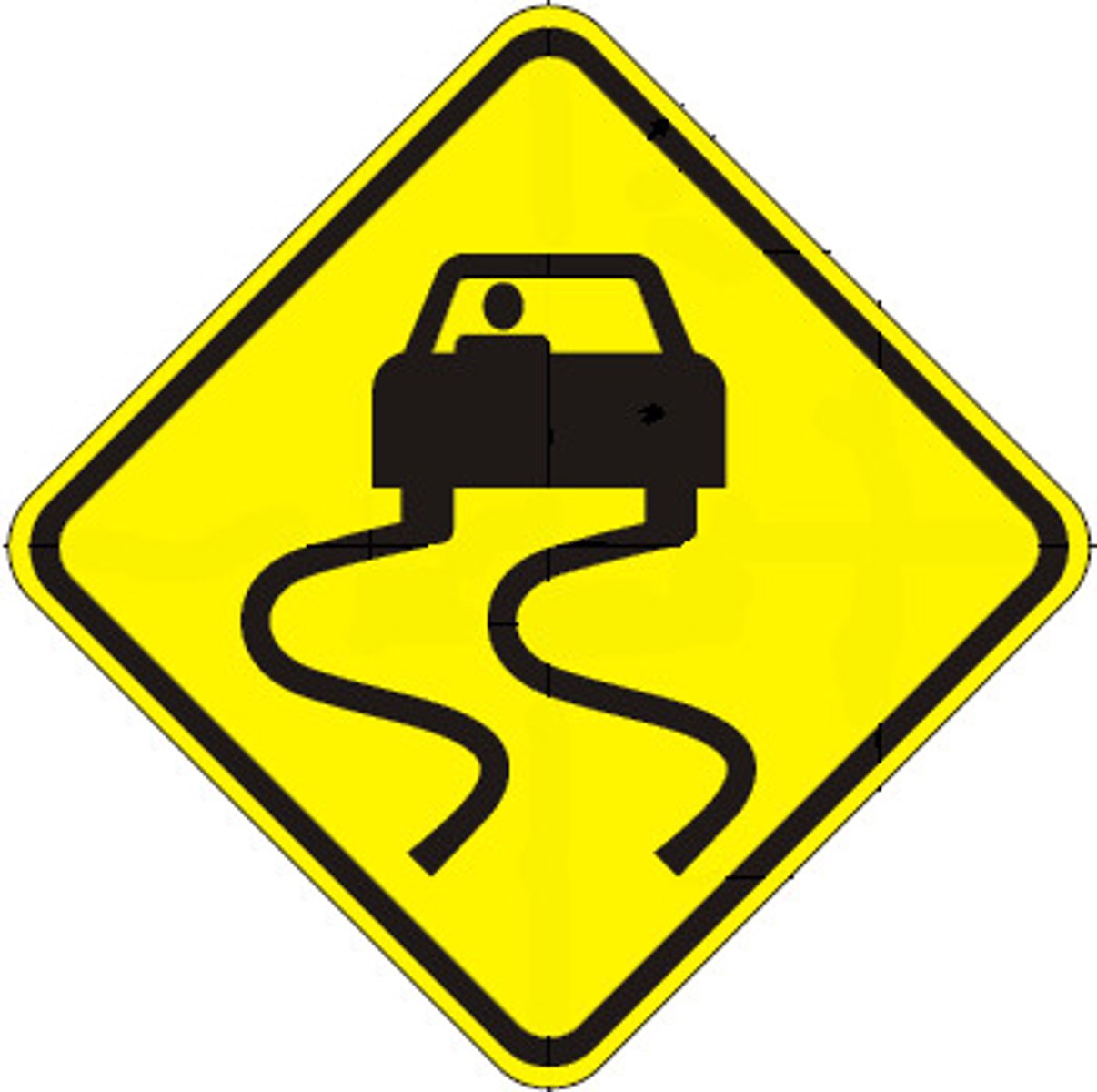
uneven road
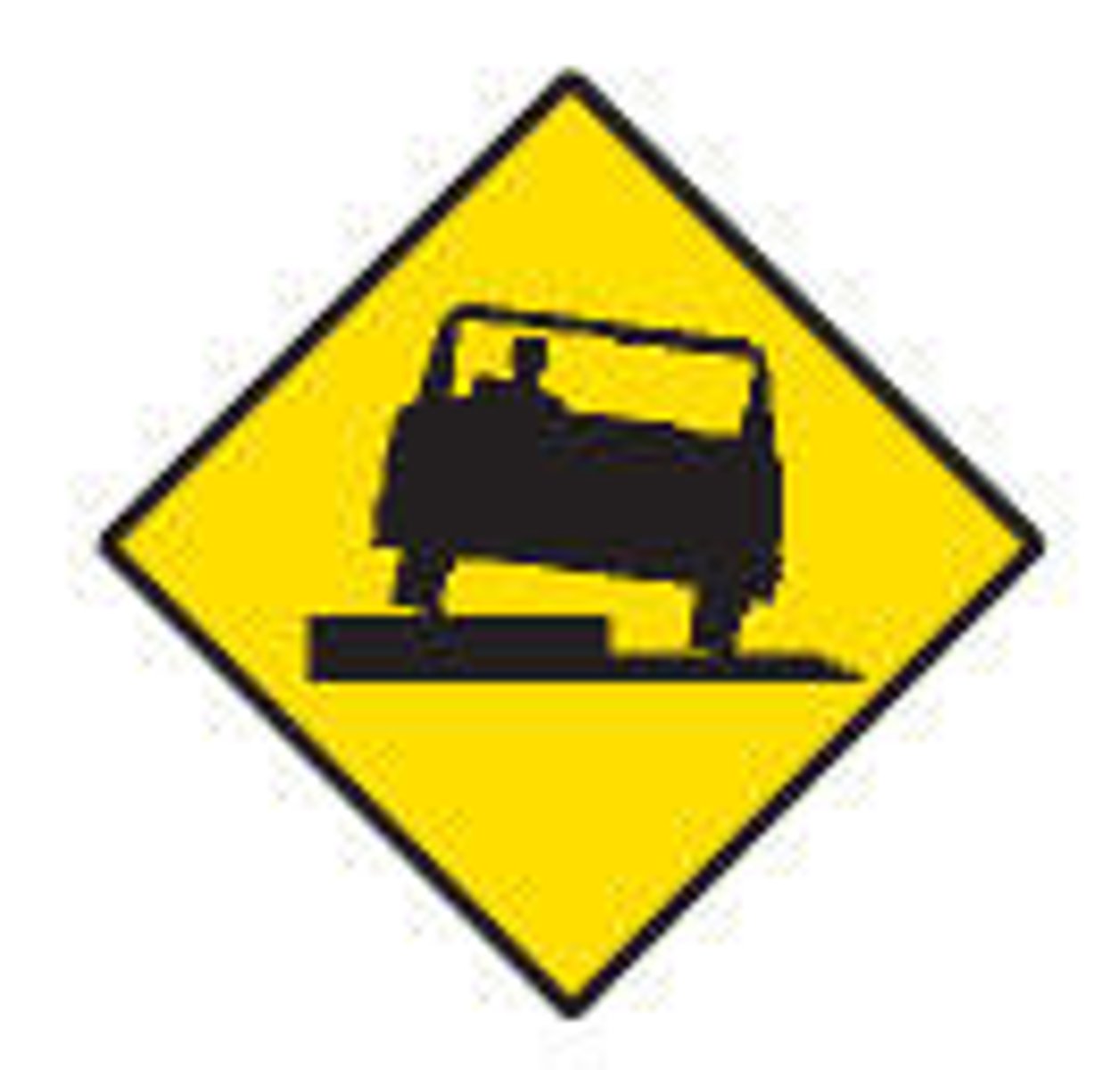
hospital
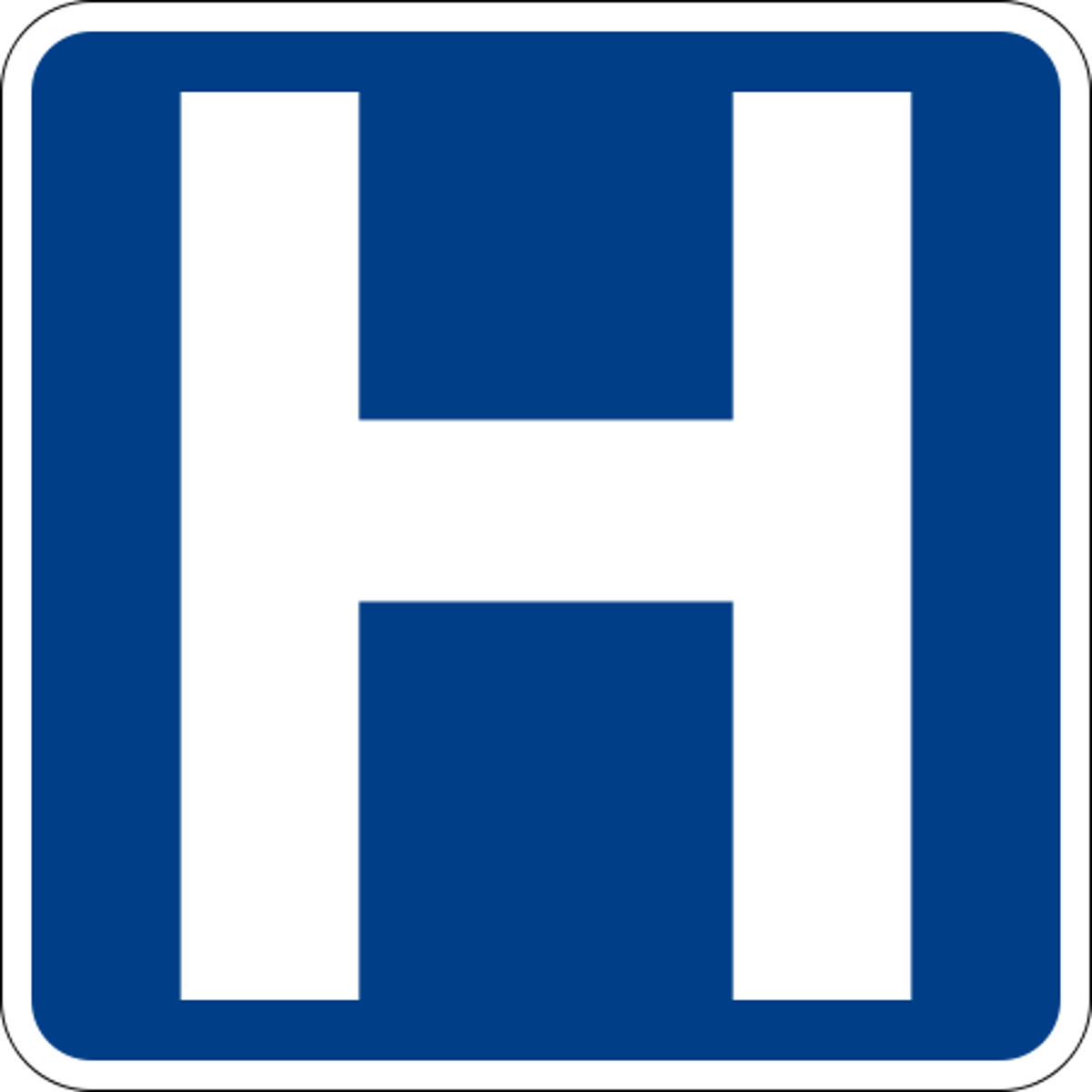
recommended speed
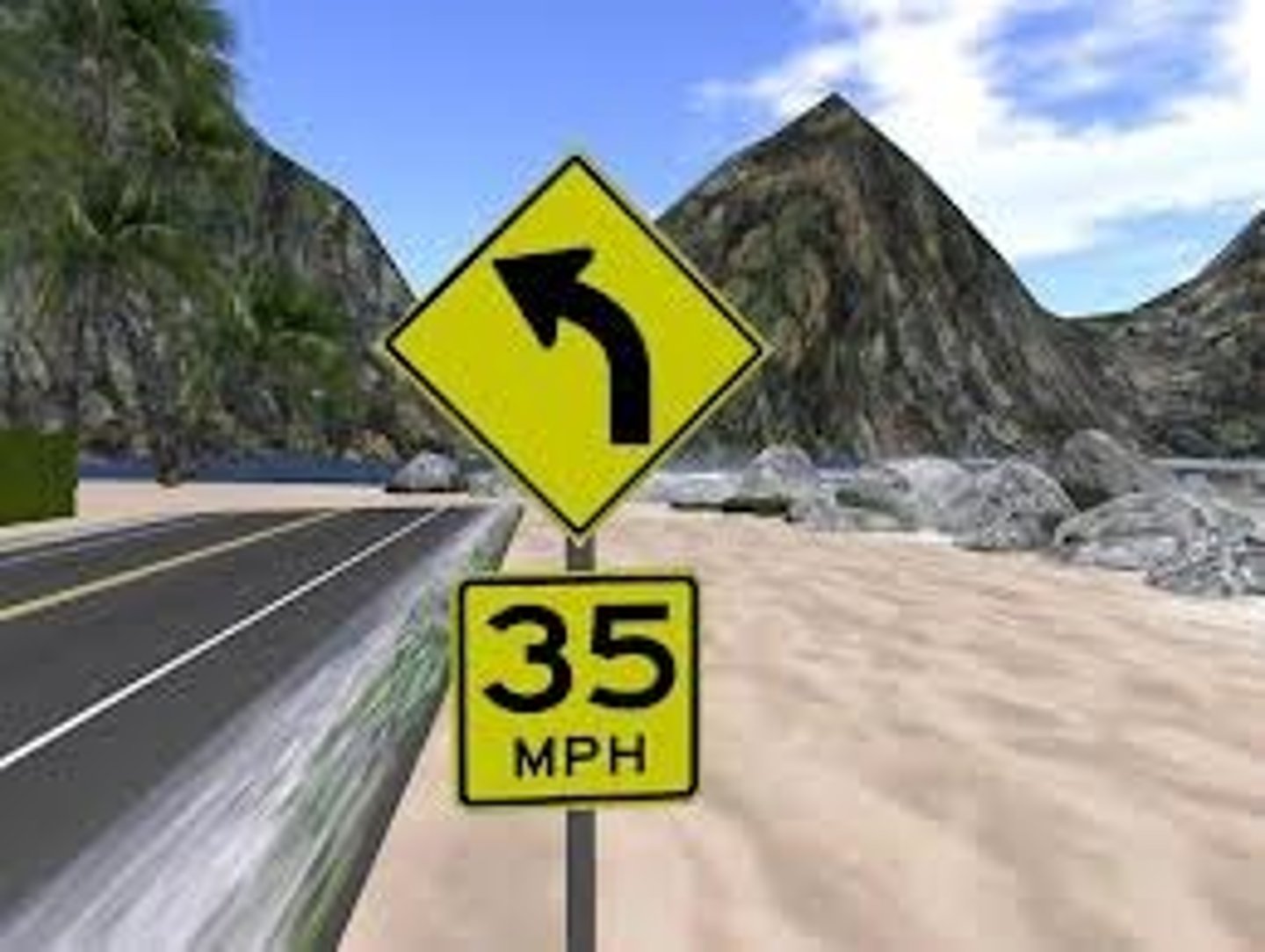
speed limit
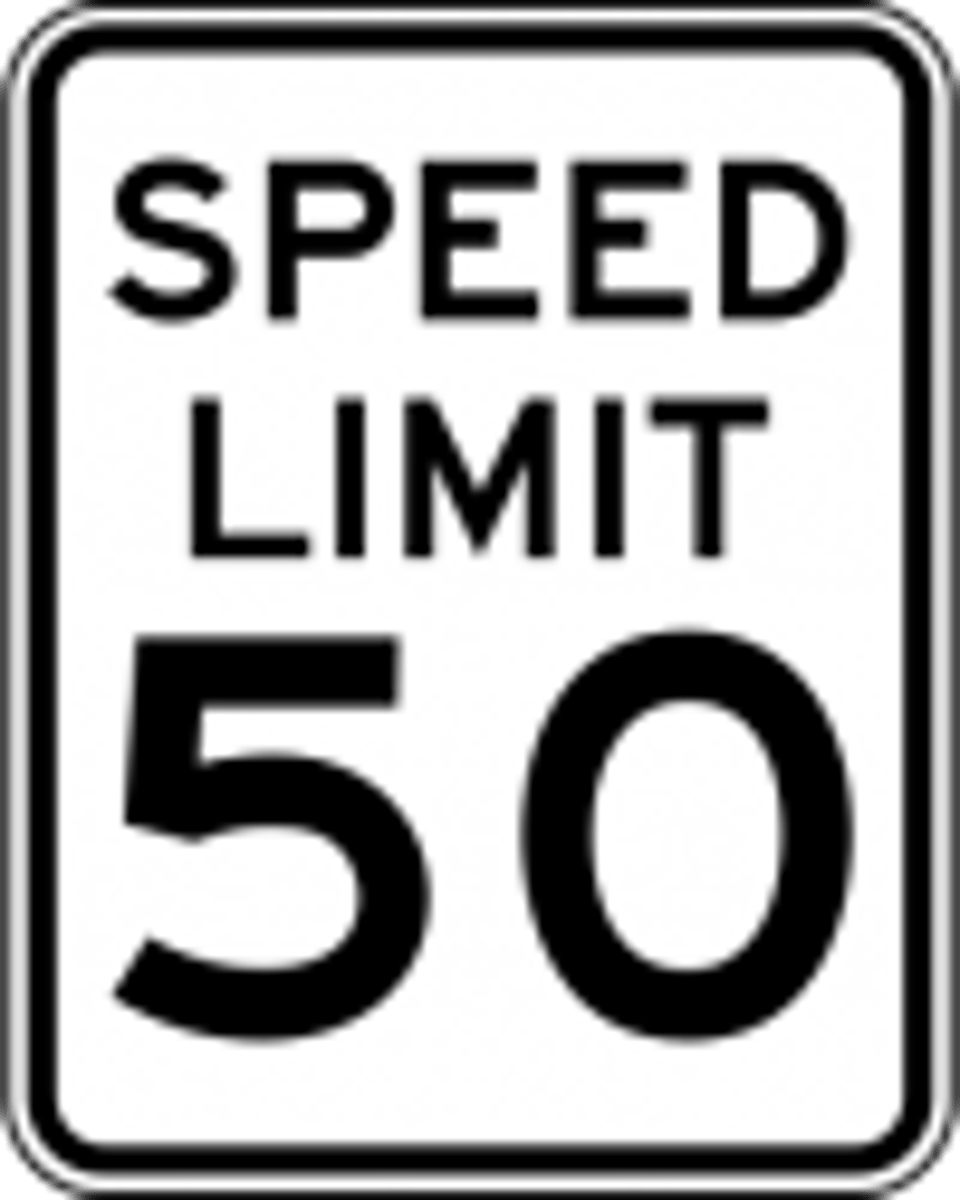
sharp curve ahead
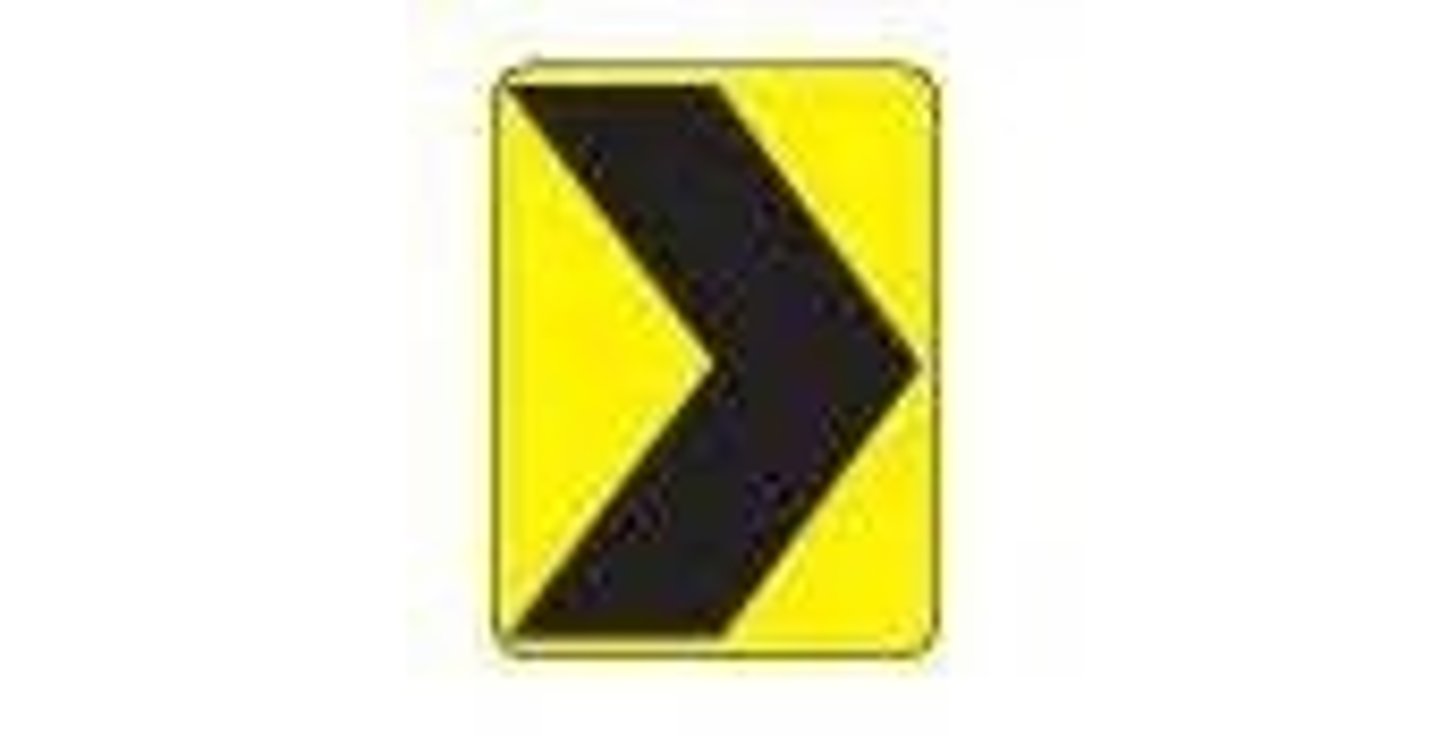
flashing red light
stop sign
red arrow
right: stop, right on red left:stop
flashing yellow
warning, identify hazard. proceed with caution
flashing yellow arrow
You may turn in the direction of the arrow, if the way is clear. Yield the right-of-way to vehicles coming from the other direction and pedestrians in the intersection.
what are the vision requirements for driving
20/40
Trap/Closed Zone
Slow movers, brake lights, red lights, stop signs, construction, etc.
intersections
Identify type (2-way, 4-way) and right of way rule (who stops/goes first).
Intruder/Thief
Any vehicle or person who is an immediate threat or steals space (within 3 car lengths)
safety stop
After a complete stop, when vision is limited, slowly move forward to make sure it's clear.
limited sight
An obstruction in your line of sight (15 seconds ahead)
slug
Drivers who are generally in no hurry (buses, commercial trucks, oversized loads)
distracted
Semi-aware of surroundings, on cell phone, texting, eating, radio tuning, etc.
speed check
Every time you see a speed sign, call out the number followed by how fast you are going
tag
Potential hazard; any roadway user capable of causing a threat to you or others.
check one
Check the rearview mirror every 5-8 seconds, before braking, after turning.
sneaky right
a vehicle that makes or intends to make a right turn in your path of travel
on-coming left
A vehicle that makes or intends to make a left turn in front of you
Fresh/Stale Green Light
A light that just turned green or one that may change soon
Tailgater/Charger
A driver who follows another vehicle too closely
Pedestrian/Foot/Toddler/Dog/Bike
Anyone unpredictable crossing your path
pacer
semi-aware driver in a pack of cars, vulnerable to the actions of others
Safe to go
After waiting for a red light, SCAN left, straight, and right BEFORE going
Go point/point of no return
the point beyond which you can no longer stop safely without entering the intersection
Back pressure
Vehicles to the rear increasing intensity and decreasing space cushion
best path
The lane with the best visibility and traffic flow and most escape options
Signal 1,2,3
Signal, check rear-view, side-view mirrors, and blind spot for lane changing
cover brake
to get ready to stop; hold your foot over the brake pedal
closest lane
When turning onto a roadway with multiple lanes, take the closest lane. (Assume a car turning in front of you may cross over directly into your lane).
Body Shift
Turn your body 180 degrees to the rear while backing. Don't rely on mirrors!
up 2 down 2
Technique used to increase space and break rapport with others
space cushion
Maintaining a pocket of space around one's vehicle
Pocket Surfing
Driving in between packs of cars, maintains healthy space cushion.
UCLA
Uphill Curb Left Always
downhill with curb
turn wheels to right, against curb
uphill and downhill without a curb
turn wheels toward the road edge